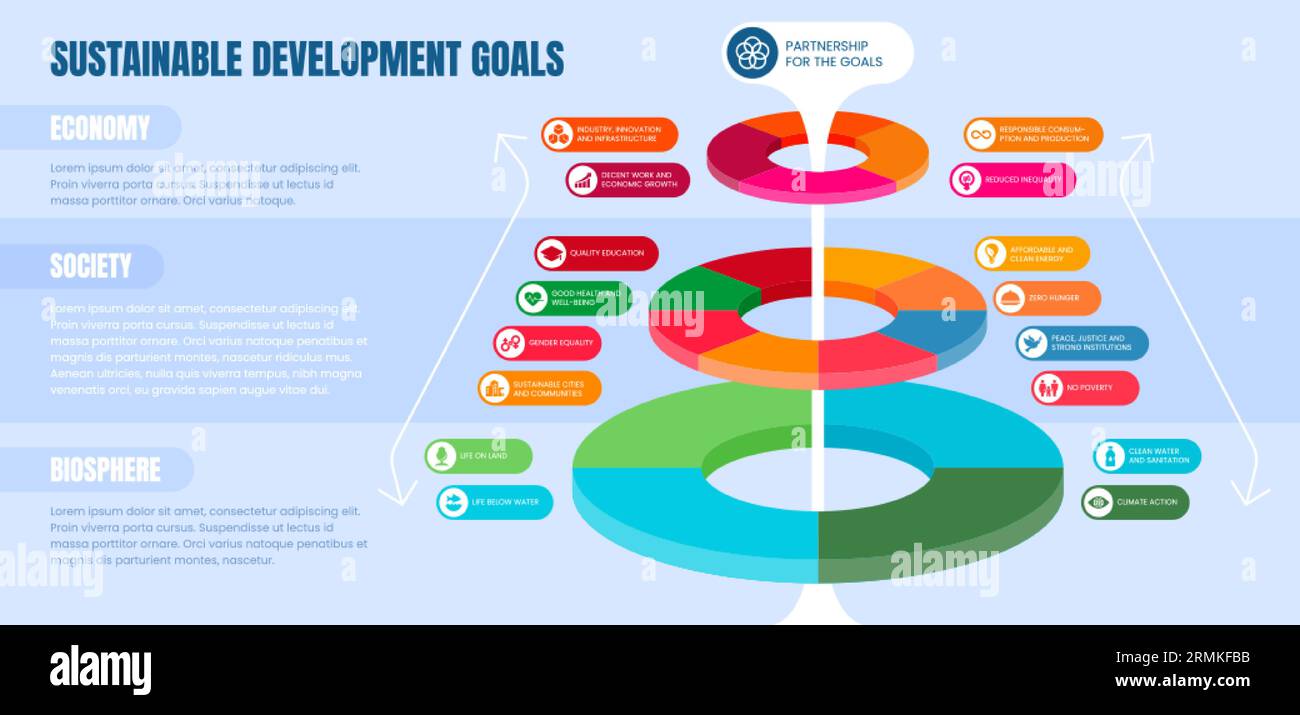
Strategic Goals for Robust Economic Development

Strategic Goals for Robust Economic Development
In pursuit of robust economic development, defining clear and strategic goals is imperative. This article explores the fundamental economic development goals that nations and businesses should consider, providing insights into fostering sustainable growth and prosperity.
Diversifying Economic Sectors for Resilience
A key goal for economic development is diversification. Over-reliance on a single industry can make economies vulnerable to fluctuations. Diversifying sectors such as technology, manufacturing, services, and agriculture enhances resilience, ensuring that economic prosperity is not solely dependent on the fortunes of a specific sector.
Infrastructure Development to Propel Growth
Investing in infrastructure is a cornerstone goal for economic development. Robust transportation networks, efficient energy systems, and advanced digital infrastructure not only enhance connectivity but also stimulate economic activities. Well-planned infrastructure development creates a foundation for attracting investments, supporting industries, and fostering overall growth.
Job Creation and Employment Opportunities
A fundamental objective of economic development is job creation. Sustainable growth should translate into increased employment opportunities for the population. Achieving this goal involves supporting small and medium-sized enterprises (SMEs), fostering entrepreneurship, and implementing policies that encourage business expansion.
Promoting Innovation and Technological Advancements
In the modern economic landscape, fostering innovation is a critical goal. Nations and businesses aiming for economic development must invest in research and development, create a conducive environment for technological advancements, and support initiatives that drive innovation. Embracing cutting-edge technologies positions economies for sustained growth and competitiveness.
Ensuring Financial Inclusion for All
Financial inclusion is a goal that underpins economic development. Providing access to financial services for all segments of society, including marginalized communities, fosters economic empowerment. It enables individuals to participate in economic activities, save, invest, and contribute to the overall economic development of the nation.
Sustainable Practices for Long-Term Success
Sustainability is no longer an option but a necessity in economic development goals. Balancing economic growth with environmental responsibility ensures long-term success. Goals should include adopting green practices, promoting renewable energy, and implementing sustainable resource management to create an eco-friendly and resilient economy.
Education and Skill Development Initiatives
Investing in education and skill development is pivotal for economic development. A well-educated and skilled workforce is an asset that drives productivity and innovation. Goals should focus on enhancing educational infrastructure, providing quality education, and aligning curricula with the evolving needs of industries.
Global Trade and Market Expansion
Economic development goals extend beyond national borders. Facilitating global trade and market expansion is crucial. Nations should actively engage in international trade, negotiate favorable trade agreements, and position themselves as key players in the global market. This goal enhances economic interconnectivity and opens avenues for growth.
Poverty Alleviation and Social Welfare
Addressing poverty and promoting social welfare are integral goals in economic development. Sustainable development should prioritize lifting communities out of poverty, providing social safety nets, and ensuring that economic progress translates into an improved quality of life for all citizens.
Effective Governance and Regulatory Frameworks
A stable and transparent governance structure is a fundamental goal for economic development. Creating an environment of trust, implementing effective regulatory frameworks, and combating corruption are essential. Predictable and fair governance fosters investor confidence, encouraging both domestic and foreign investments that drive economic growth.
Linking it All Together: Holistic Economic Development
The key to successful economic development lies in the holistic integration of these goals. Diversifying sectors, building infrastructure, creating jobs, fostering innovation, ensuring financial inclusion, adopting sustainable practices, investing in education, expanding global trade, alleviating poverty, and implementing effective governance collectively form a comprehensive strategy for robust and sustainable economic development.
To learn more about strategic goals for economic development and their implementation, visit Careerth.com. This comprehensive resource provides insights, tools, and information to empower individuals and organizations in achieving their economic development objectives.
In conclusion, setting and achieving strategic goals is vital for robust economic development. By addressing these fundamental objectives, nations can create a roadmap for sustained growth, prosperity, and a better quality of life for their citizens.
